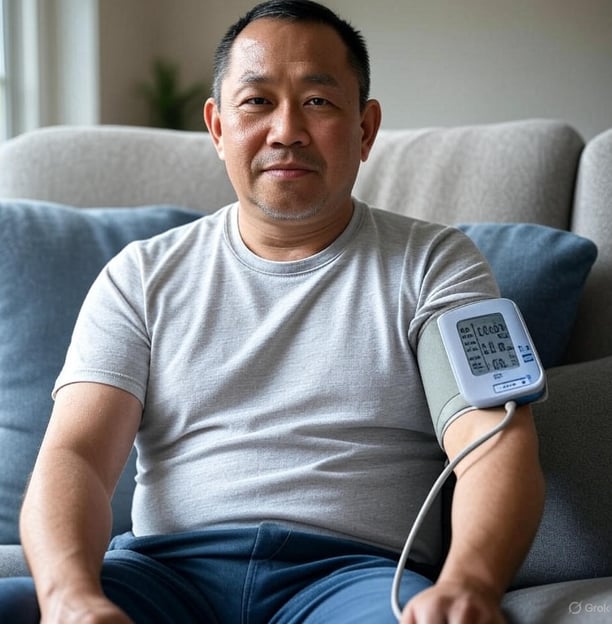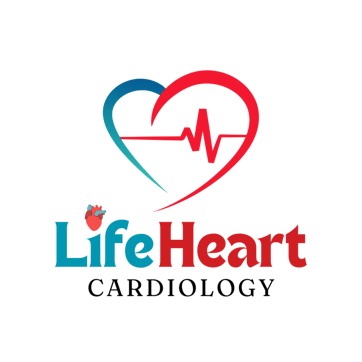Comprehensive Heart Care
Your trusted partner for accurate diagnostics and personalized treatment in cardiac health solutions.


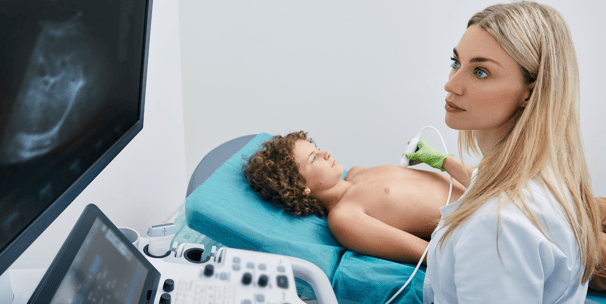

Expert Consultation
Receive guidance from experienced cardiologists for all your heart-related concerns and treatment options.
Advanced Diagnostics
Utilizing state-of-the-art technology for precise cardiac assessments, ensuring optimal heart health management.
Our Services
At Lifeheart cardiology clinic, we offer a comprehensive range of diagnostic services aimed at providing you with accurate, timely, and personalized heart care. Each service is performed with the latest technology by our skilled medical professionals to ensure you receive the best possible care.
Cardiology Consultation


Our expert cardiologists provide thorough consultations to assess your heart health, diagnose conditions, and create personalized treatment plans. Whether you're experiencing symptoms like chest pain, shortness of breath, or irregular heartbeats, or you need a routine check-up, we are here to help. Our consultations focus on understanding your unique health concerns and providing you with actionable steps to improve or maintain your heart health.
What to Expect:
Detailed discussion of your medical history
Evaluation of current heart health and risk factors
Recommendations for further testing or lifestyle changes
Discussion of treatment options and care plans
Electrocardiogram (ECG) and Holter Monitoring
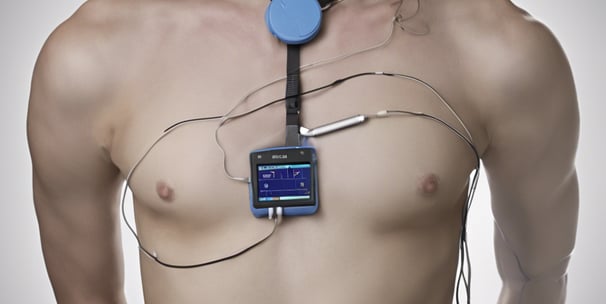

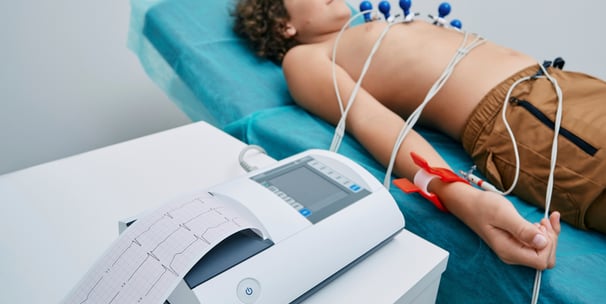

Holter Monitor
Holter monitoring is a continuous, portable ECG that records your heart’s activity over a 24-72 hour period (or longer). This test is ideal for detecting intermittent arrhythmias or other heart issues that might not show up during a standard ECG. It helps our cardiologists monitor how your heart functions in real-life situations.
ECG
An Electrocardiogram (ECG) is a non-invasive test that measures your heart’s electrical activity. It is commonly used to detect arrhythmias, heart attacks, and other cardiac conditions. The procedure is quick and painless, providing immediate insights into how your heart is functioning.
What to Expect:
Small electrodes are placed on your chest and connected to a portable recording device
You will be asked to wear the device for 24-48 hours while continuing your normal daily activities
The data is sent to our clinic for analysis by our cardiologists
What to Expect:
Electrodes will be placed on your chest, arms, and legs
The test typically takes around 5-10 minutes
The results are reviewed by our cardiologists to detect any abnormalities in your heart's rhythm and electrical impulses
Echocardiogram and Stress Echo
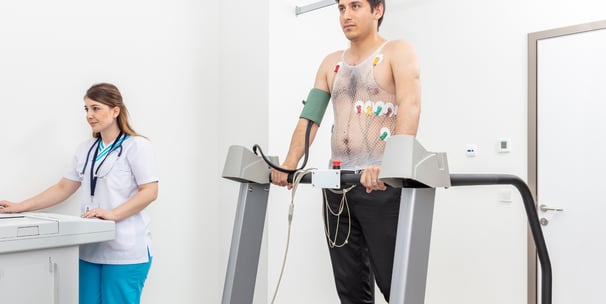

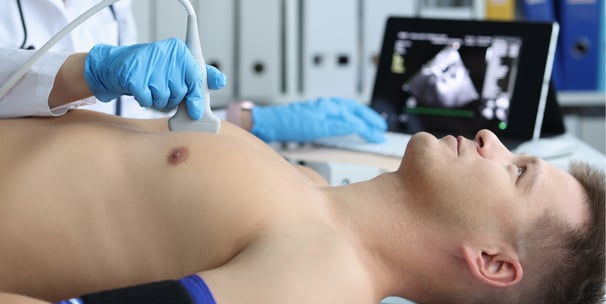

Exercise Stress Echo
An Exercise Stress Echo combines a traditional echocardiogram with a treadmill stress test to evaluate how your heart performs under physical stress. This test helps detect heart disease, arrhythmias, and other issues that may arise when the heart is exerted.
Echocardiogram
An Echocardiogram is an ultrasound of the heart that allows our doctors to visualize the heart’s structure and function. It helps diagnose conditions like heart valve issues, congenital heart defects, fluid around the heart, and more. This is a non-invasive and painless test that provides critical insights into your heart health.
What to Expect:
A gel will be applied to your chest, and a small device called a transducer will be moved over your skin
High-frequency sound waves create an image of your heart, which is analyzed by our cardiologists
The procedure typically lasts between 30-45 minutes
What to Expect:
You will be asked to exercise on a treadmill while being monitored by our healthcare professionals
At certain stages of exercise, an echocardiogram will be performed to assess how your heart is responding to the physical activity
The procedure typically lasts 30-45 minutes
Ambulatory Blood Pressure Monitoring (ABPM)
ABPM is a 24-hour test that measures your blood pressure at regular intervals while you go about your normal daily activities and sleep. It provides a more accurate picture of your blood pressure compared to single readings at the clinic, helping detect conditions like white coat hypertension or masked hypertension. The test is painless, non-invasive, and gives valuable insight into your heart health.
